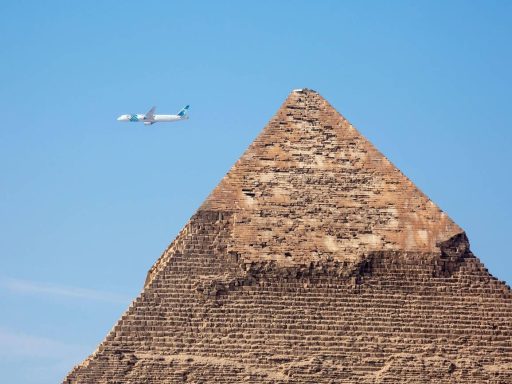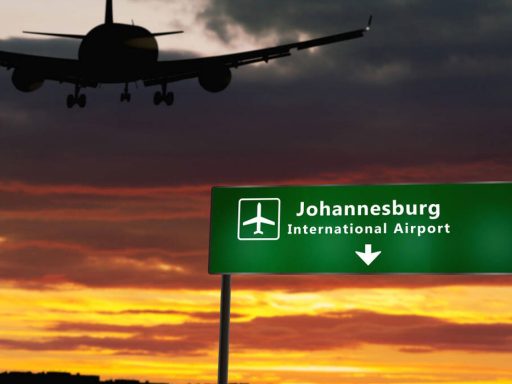Traveling to Africa can be an unforgettable adventure, but finding the most cost-effective way to get there requires strategic planning. Understanding the cheapest times to fly to Africa can help you save significantly on airfare.
Various factors influence flight prices, including seasonal demand, weather patterns, and significant events. By being flexible with your travel dates and booking in advance, you can take advantage of the best deals and enjoy an affordable journey to this diverse and vibrant continent.
Cheapest Time to Book Flights to Africa in 2025
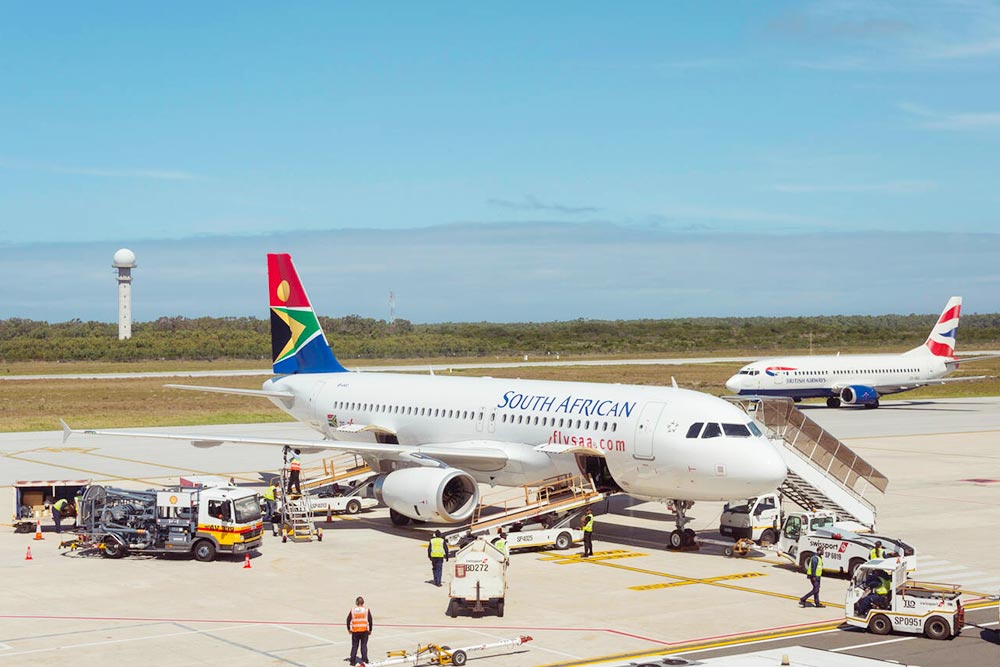
The cheapest time to fly to Africa depends on two main factors: destination and travel season. Here’s a breakdown:
- Shoulder Seasons: Generally, the cheapest times to fly to Africa are the shoulder seasons, which fall between the peak tourist seasons. These vary by region but typically run from April to May and September to November. For example, South Africa’s shoulder seasons are April to May and September to October, while Kenya’s are April to May and November to December. During these times, you’ll find lower flight prices and fewer crowds.
- Weekdays vs. Weekends: Flying on weekdays (Tuesdays, Wednesdays, and Thursdays) is generally cheaper than flying on weekends (Fridays, Saturdays, and Sundays). Business travelers fly on weekdays, while leisure travelers fly on weekends. So, if you have flexibility with your travel dates, consider flying on a weekday to save money.
Cheapest Airlines that Fly to Africa with Average Prices
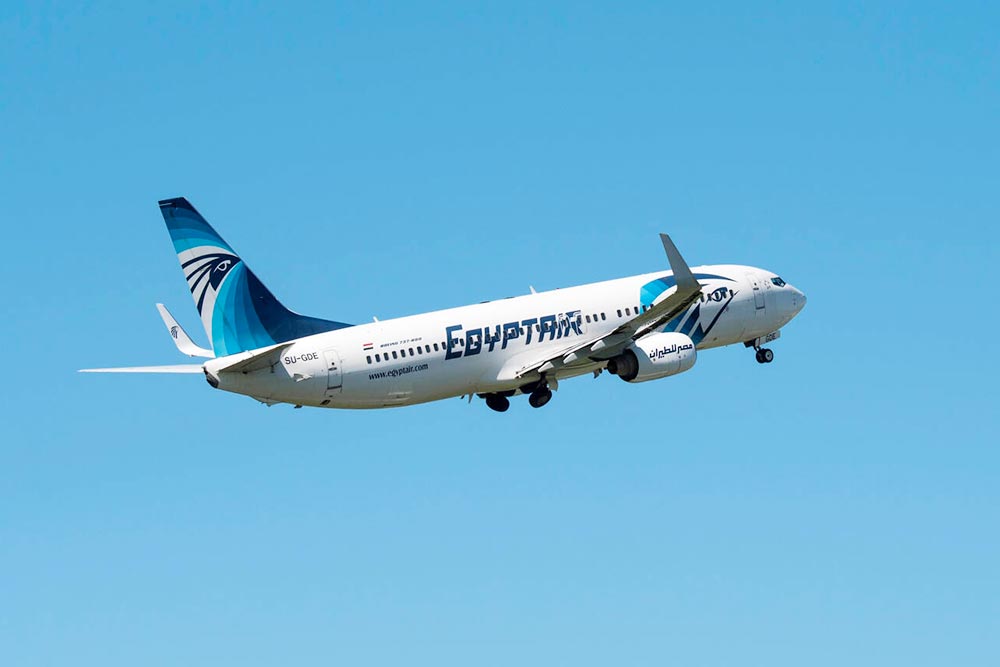
Here are 9 of the cheapest airlines that fly to Africa, along with average price ranges to popular destinations:
- Ethiopian Airlines (Average price range: $700-$1200): Ethiopian Airlines is the largest airline in Africa by fleet size and destinations served. It offers a variety of routes across the continent and has a good reputation for customer service.
- Royal Air Maroc (Average price range: $650-$1100): Royal Air Maroc is Morocco’s national carrier. It offers a good network of flights to North and West Africa, with Casablanca as its main hub.
- TAP Air Portugal (Average price range: $600-$1000): TAP Air Portugal is Portugal’s flag carrier. From its Lisbon hub, it offers connecting flights to many African destinations, making it a good option for travelers from Europe.
- Turkish Airlines (Average price range: $750-$1250): Turkish Airlines is a major airline based in Istanbul, Turkey. They offer a large network of connecting flights to Africa, making them a good option for travelers from Asia and Europe.
- Air France (Average price range: $800-$1300): Air France is the national carrier of France. It offers a good network of flights to West and Central Africa, with Paris being its main hub.
- KLM Royal Dutch Airlines (Average price range: $750-$1200): KLM is the national carrier of the Netherlands. They offer a good network of flights to Southern and Eastern Africa, with Amsterdam being their central hub.
- EgyptAir (Average price range: $600-$1000): EgyptAir is Egypt’s national carrier. It offers a good network of flights to North and East Africa, with Cairo being its central hub.
- South African Airways (Average price range: $800-$1300): South African Airways is the flag carrier of South Africa. They offer a good network of flights to Southern Africa, with Johannesburg being their main hub.
- Lufthansa (Average price range: $800-$1300): Lufthansa is the largest German airline. It offers a good network of connecting flights to Africa, with Frankfurt as its central hub.
Pros & Cons of Flying to Africa During the Cheapest Time
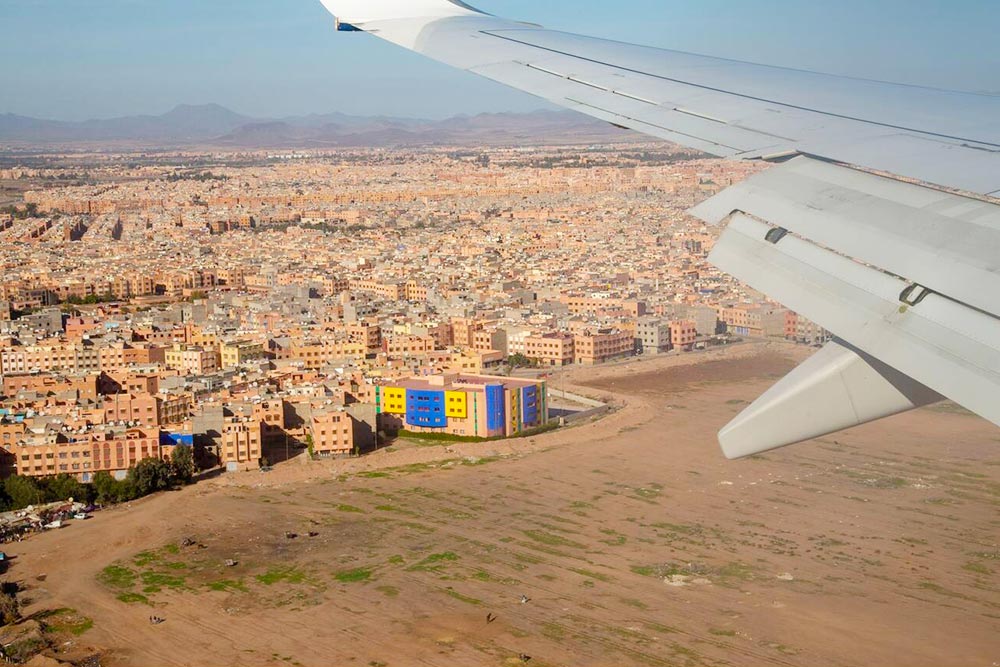
There are definite advantages to flying to Africa during the shoulder seasons (typically the cheapest times), but there are also some drawbacks to consider:
Pros:
- Save Money: The biggest advantage is significant cost savings on flights and potentially on accommodation and tours. This can free up your budget for other experiences during your trip.
- Fewer Crowds: Popular tourist destinations can get crowded during peak season. Flying during the shoulder season means encountering fewer crowds at attractions and potentially having a more relaxed and intimate experience.
- Unique Opportunities: Shoulder seasons sometimes offer unique experiences you might miss during peak season. For example, wildlife viewing might be better in some areas due to animal migration patterns.
Cons:
- Weather: Shoulder seasons often coincide with the shoulder of the rainy season in some regions. This could mean encountering rain showers or less-than-ideal weather conditions for some activities.
- Limited Availability: Some tours, activities, and accommodations might be limited during the shoulder seasons as they may be scaling back operations or undergoing maintenance. Research beforehand to ensure your desired experiences are available.
- Less Ideal Conditions: Depending on your destination, some attractions or activities might be closed or have limited hours during the shoulder seasons. Research beforehand to avoid disappointment.
Additional Tips to Find the Cheapest Flights to Africa
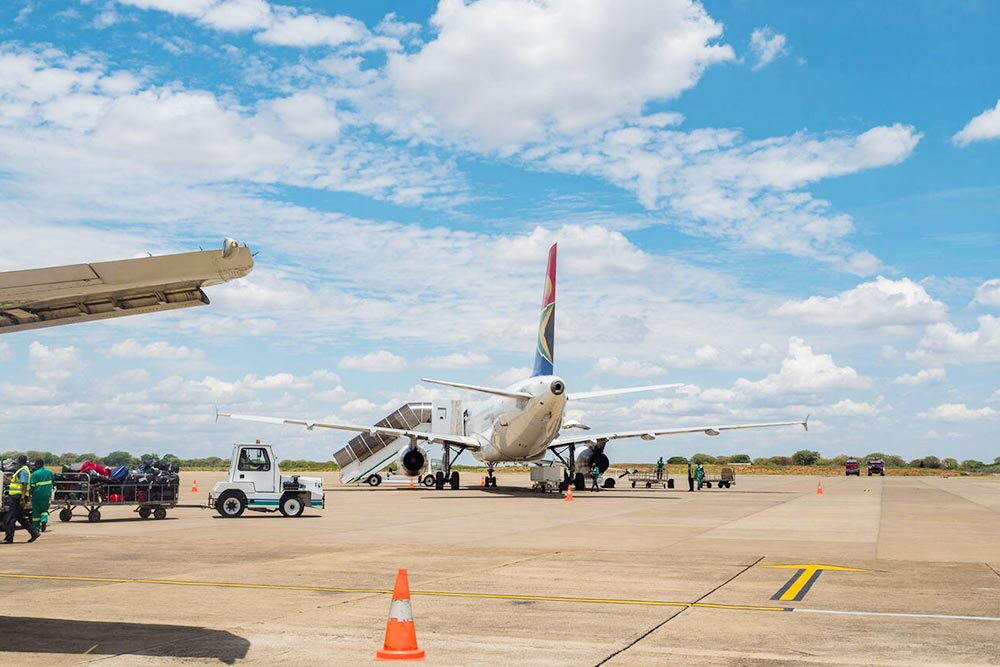
- Consider Alternative Travel Dates: Don’t just stick to your initial travel window. Be flexible with your departure and return dates by a few days. Shifting a day earlier or later can sometimes reveal significant price drops, especially on weekdays.
- Explore Open Jaw Flights: Open-jaw flights allow you to fly into one African destination and depart from another. This can be a great strategy if you travel within Africa during your trip. It can also unlock cheaper options compared to traditional round-trip tickets.
- Clear Your Browsing History: Cookies can track your searches and potentially inflate prices. Before searching for flights, clear your browsing history and cookies to ensure you see the most accurate fares.
- Consider Last-Minute Deals: Last-minute deals can be a goldmine if you’re a spontaneous traveler with flexible dates. Airlines often try to fill empty seats close to departure with heavily discounted fares. There’s an element of risk, but the potential savings can be substantial.
- Utilize Travel Hacking Strategies: Travel hacking involves using credit cards with travel rewards programs to earn points or miles redeemable for flights. This takes some planning and effort upfront, but it can unlock significant savings on airfare in the long run.
- Consider Budget Airlines with Layovers: While layovers can add travel time, budget airlines often offer significantly cheaper fares. However, carefully weigh the cost savings against the added travel time and potential inconvenience of layovers.
- Explore Local Airlines: Don’t just focus on major international carriers. Research local African airlines that might operate on your route. They might offer competitive fares and a more unique travel experience.
Have you tried traveling during the off-season or found great deals at unexpected times? Share your experiences and tips in the comments below—we’d love to hear from you!
Share this BlogFrequently Asked Questions
Booking your flight to Africa 3 to 6 months in advance usually yields the best deals, as airlines often release discounted fares during this period.
Yes, flying to Africa midweek, especially on Tuesdays and Wednesdays, can often be cheaper than weekend flights, as demand is generally lower.
Yes, airlines like Ethiopian Airlines, Turkish Airlines, and Qatar Airways are known for offering competitive fares to various destinations in Africa.
Yes, opting for connecting flights instead of direct flights to Africa can sometimes result in significant savings, although travel time will be longer.







